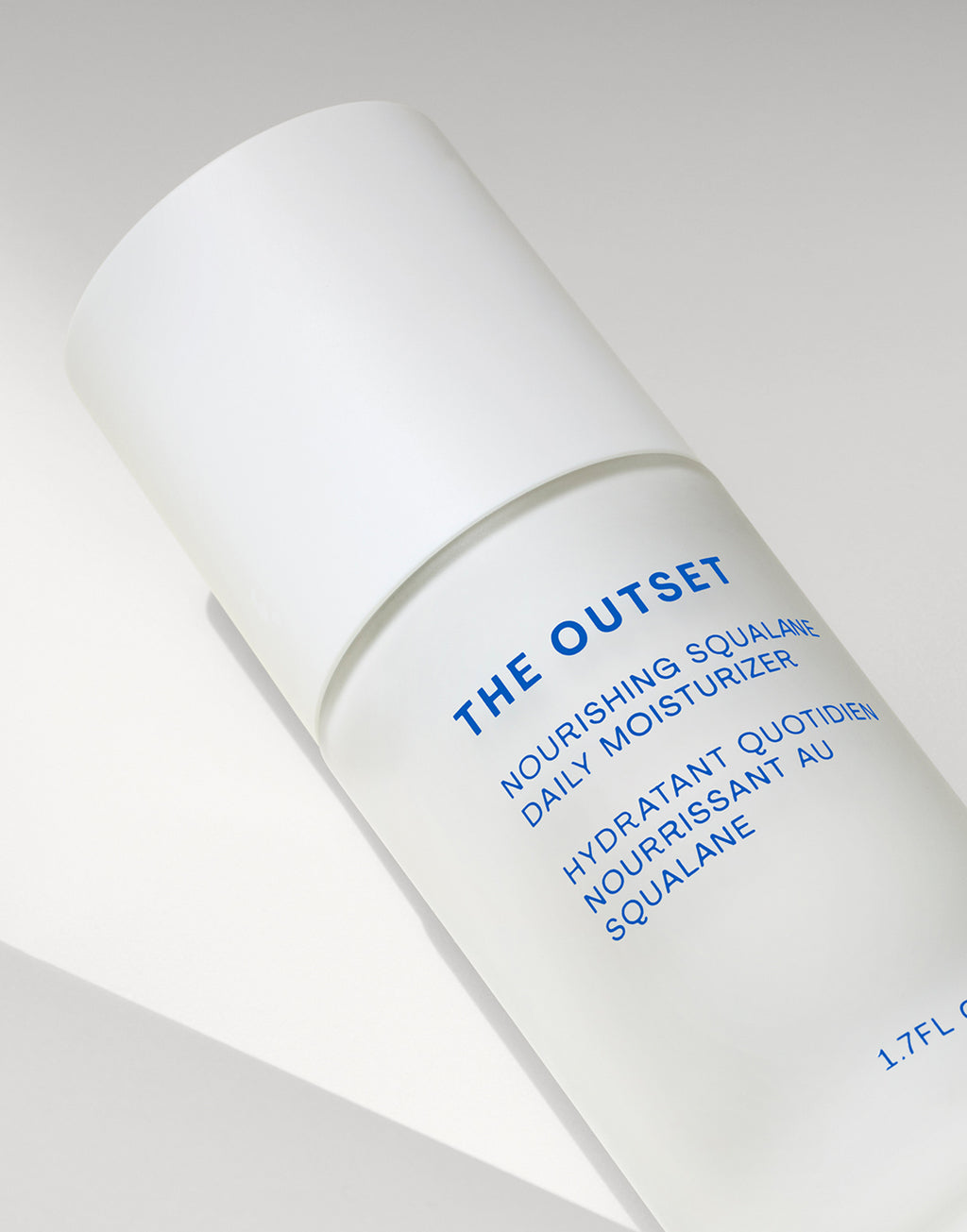Pulse of Information
Stay updated with the latest news and insights.
Moisturizer Mysteries: What's Really in Your Cream?
Uncover the secrets behind your moisturizer! Discover the hidden ingredients and what they really do for your skin in our latest blog post.
The Truth Behind Common Moisturizer Ingredients: What You Need to Know
When it comes to skincare, understanding the ingredients in your moisturizer is crucial. Many products on the market contain a variety of components, each serving a specific purpose. For example, glycerin is a common humectant that draws moisture to the skin, making it feel hydrated and supple. Similarly, ceramides help to restore the skin's natural barrier, locking in moisture and preventing dryness. However, not all ingredients are beneficial for everyone, and some can cause irritation or allergies, so it's essential to educate yourself on what you're putting on your skin.
Another frequently debated ingredient is fragrance. While it may enhance the sensory experience of using a moisturizer, it can also lead to sensitization and allergic reactions for those with sensitive skin. Choosing products labeled as 'fragrance-free' can mitigate these risks. Additionally, be wary of ingredients like parabens and sulfates, which have garnered negative attention for their potential health risks. It's always smart to read labels carefully and prioritize moisturizers with clean, non-toxic formulations that align with your skin's needs.

Decoding Your Moisturizer: Are Natural Ingredients Always Better?
In the world of skincare, the discussion around moisturizers often centers on the ingredients they contain. Many consumers are drawn to products labeled as having natural ingredients, believing they are safer and more effective. However, it's essential to recognize that not all natural ingredients are created equal. Some natural substances can cause skin irritation or allergic reactions, while synthetic alternatives may offer targeted benefits and stability. It’s crucial to read labels carefully and consider the specific needs of your skin rather than relying solely on the 'natural' label.
Furthermore, the effectiveness of a moisturizer is determined not just by its ingredients but also by their concentrations and combinations. For instance, a product containing natural oils may excel in hydration but fall short in addressing other skin concerns like inflammation or aging. On the other hand, a well-formulated synthetic moisturizer could harness the power of science to deliver significant results. Ultimately, rather than asking if natural ingredients are always better, a more nuanced approach involves evaluating the individual formulation and its suitability for your skin type.
What’s the Difference? Understanding Moisturizers, Emollients, and Humectants
In the world of skincare, understanding the different roles of moisturizers, emollients, and humectants can greatly enhance your routine. Moisturizers are comprehensive products designed to hydrate the skin, retaining moisture for a smoother and softer feel. They often combine emollients and humectants to achieve this goal. Emollients are substances that soften and smooth the skin's surface by filling in gaps and enhancing its barrier function, while humectants attract water from the environment or from deeper layers of the skin to keep it hydrated. Understanding these distinctions is crucial for selecting the right products tailored to your skin type.
When choosing skincare products, consider your specific needs: humectants like glycerin and hyaluronic acid are ideal for those seeking intensive hydration, while emollients such as shea butter and ceramides are better suited for creating a soft and smooth texture. If your goal is comprehensive skin care, opt for a moisturizer that incorporates both humectants and emollients. Ultimately, a well-informed choice can lead to healthier, more radiant skin by ensuring you understand the unique benefits of each type of product.